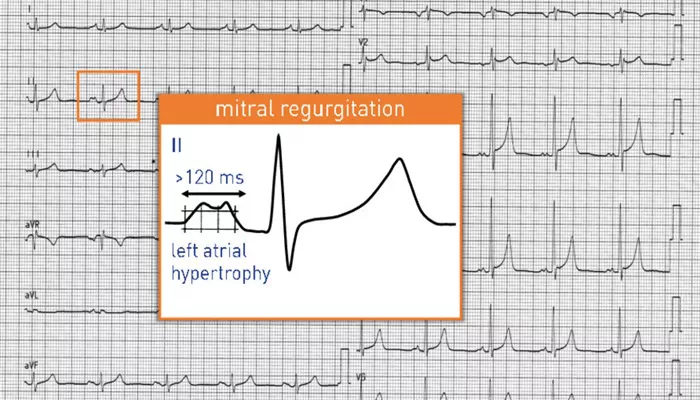Ananda Developments PLC (AQSE:ANA) has announced promising new data for its heart failure treatment, MRX1, demonstrating its potential in treating heart failure with preserved ejection fraction (HFpEF).
HFpEF is a condition where the heart struggles to relax properly despite maintaining normal pumping function. The latest findings suggest that MRX1 could be an effective treatment for this challenging form of heart failure.
The research revealed a significant reduction in NT-proBNP levels, a biomarker used to diagnose and monitor heart failure.
Lower levels of NT-proBNP indicate reduced cardiac stress and improved heart function, both critical factors in managing heart failure.
In addition to this key marker, MRX1 also showed improvements in other markers linked to fibrosis, oxidative stress, and overall cardiac health. These results point to the compound’s potential to provide broader protective effects on the heart.
These latest findings build on earlier research released in June, which highlighted MRX1’s potential to enhance heart and lung health while reducing tissue damage in preclinical models.
The new data will support Ananda’s ongoing patent application for MRX1 and inform future human clinical trials.
HFpEF remains a difficult-to-treat condition, often causing symptoms such as breathlessness and fatigue. With limited treatment options available, these results mark a significant step forward in heart failure therapy.
Melissa Sturgess, CEO of Ananda Developments, expressed her excitement over the findings: “We are thrilled to share these results, which show MRX1’s ability to significantly reduce NT-proBNP, a key marker of heart failure. This data provides strong evidence that MRX1 could address the underlying mechanisms of the condition.”
“NT-proBNP is a biomarker recommended by NICE, making it a crucial indicator of efficacy for future human trials. Ananda is committed to advancing this research to deliver transformative therapies for heart failure patients globally.”
MRX1 is currently being developed as a treatment for pain and inflammation, with its promising heart failure results marking an exciting new direction for the drug.
Related topics:
- Genetic Risk of Depression Linked to Increased Heart Disease Risk in Women, Study Finds
- Synbiotic Combination Improves Heart Health in Metabolic Syndrome, Study Finds
- BioCardia Nears Japan Approval for Heart Failure Treatment

